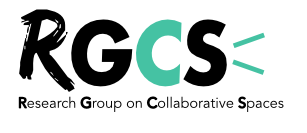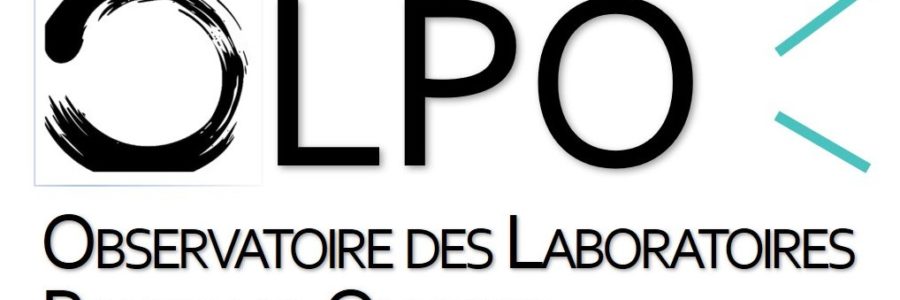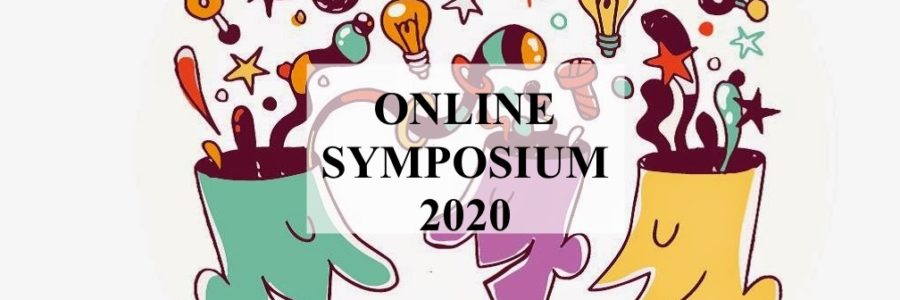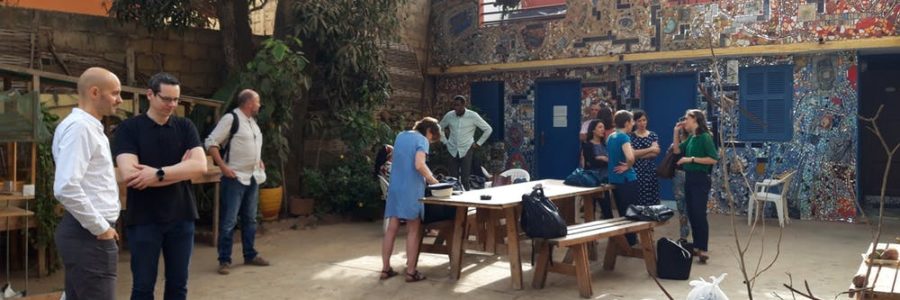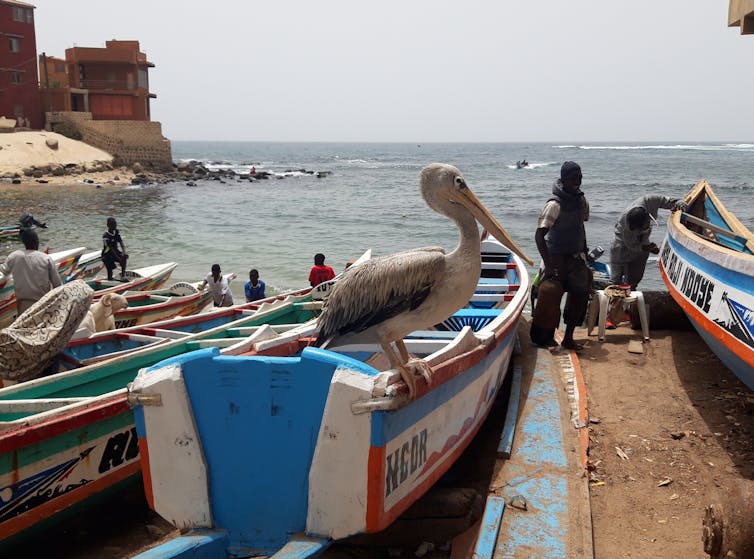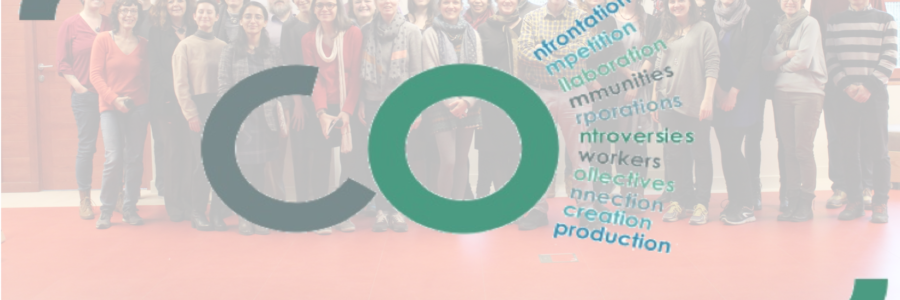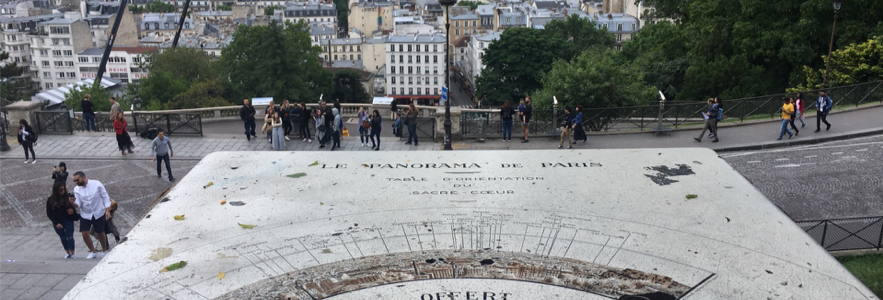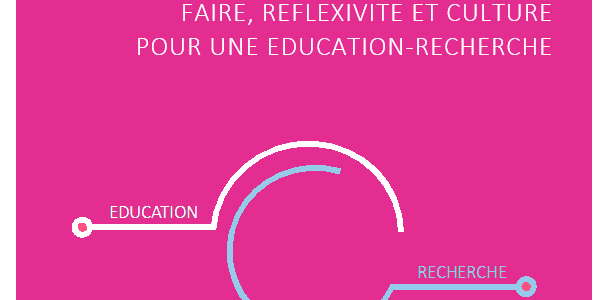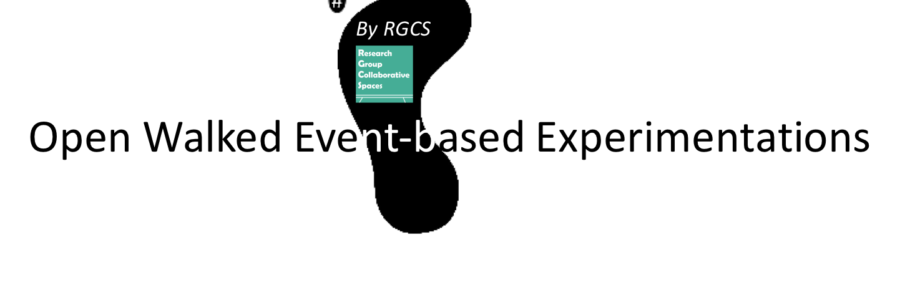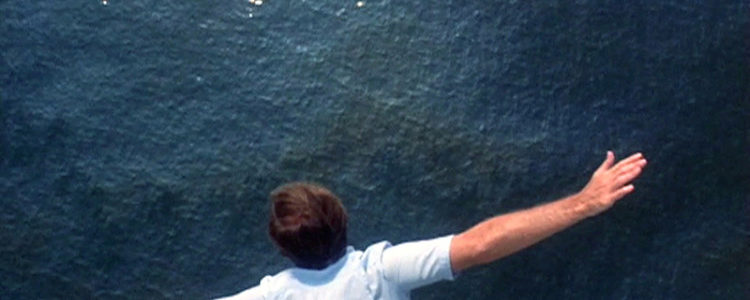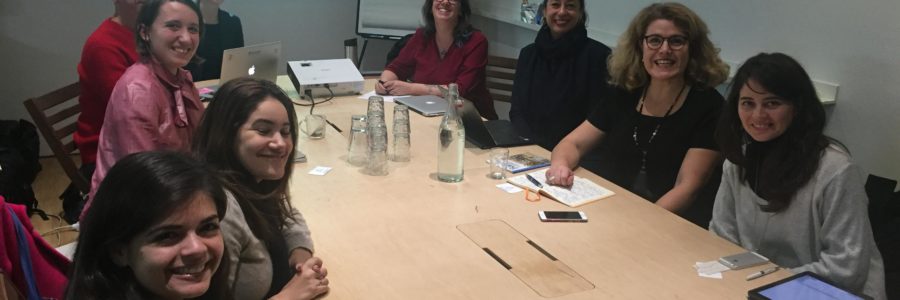RGCS and its Milan Chapter, in partnership with COST Action CA18214, are launching the 5th RGCS Symposium as an online event where to share ideas on the latest disruptive evolution of collaborative practices, workspaces and communities in the wake of the Covid-19 crisis!
In their various manifestations, from coworking spaces to open communities, forms of commons-based peer production and collaboration networks, collaborative practices have become widespread in knowledge-intensive industries, most commonly across urban environments (e.g., Palvalin and Vuolle, 2016), and strongly depend on face-to-face interactions to unleash their full potential. The Covid-19 pandemic, however, has bluntly interrupted this virtuous cycle.
In the unprecedented period of health crisis experienced on a worldly scale in the first half of 2020, the ways in which collaboration happens changed abruptly. Contextually, the most extensive remote-work (WFH) experiment has occurred (Konya, 2020; Memoori, 2020), which offers several opportunities for investigating new forms of collaborative



 ==> https://pad.lamyne.org/RGCS-pouruneuniversiteouverte?both
==> https://pad.lamyne.org/RGCS-pouruneuniversiteouverte?both
